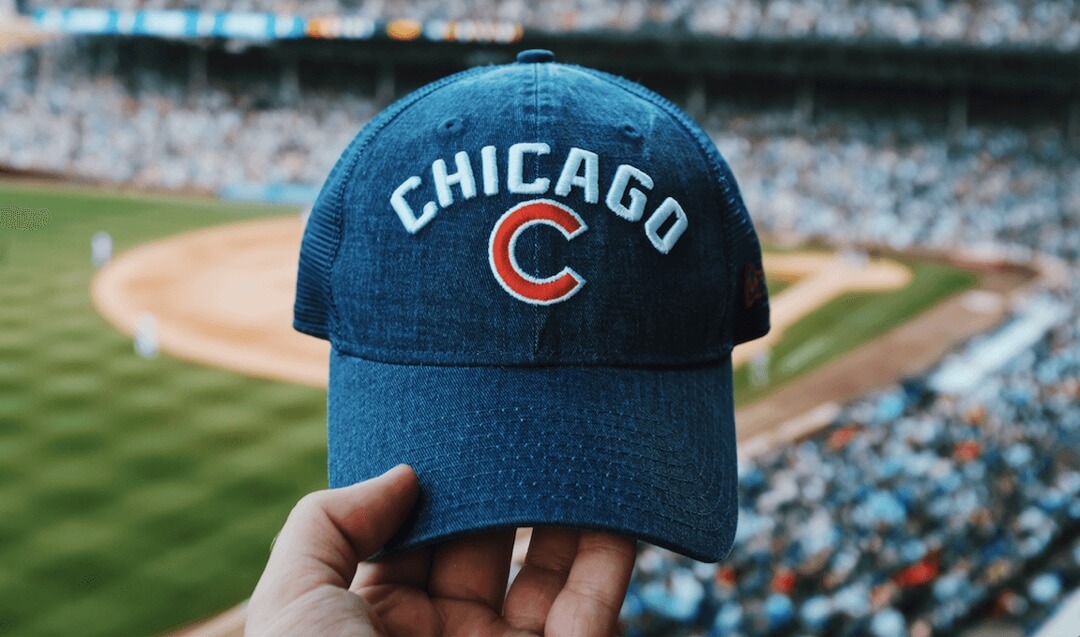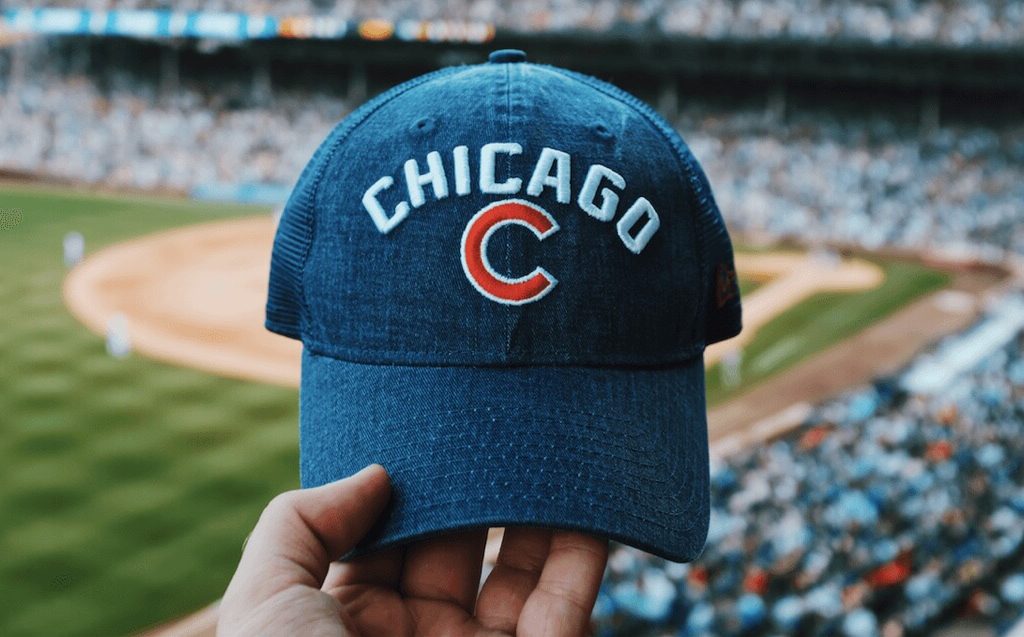On July 12th, 2018, seven major restaurant chains including McDonald’s, Arby’s, Auntie Anne’s, and Carl’s Jr., reached an agreement with the state of Washington, pledging to do away with so-called “no-poach” hiring policies at the national level.
Cinnabon, Buffalo Wild Wings, and Jimmy John’s were also among those who joined in the agreement. This came on the heels of criticism that these no-poaching clauses stifle job flexibility and mobility for hourly restaurant industry workers.
More importantly, critics pointed to these provisions as a major part of the wage stagnation which has persisted for much of the past decade.
To be clear, a no-poach provision exists within a contract to prevent an employee of a specific franchise of a restaurant chain to a different franchise of that same chain.
Fast Food Franchises Affected by New Employee Hiring Policy
Though often taken for granted, fast-food restaurants and their employees represent a significant share of the overall workforce, with the majority of these restaurants owned and operated by independent franchisees.
Indeed, while this pledge to eliminate “no-poaching” practices was made at the corporate level, the independent franchisees may themselves be the most affected by the new change.
For prospective employers, many of them small business owners, their business interest is in protecting what they view as an important investment in training and onboarding new employees. Losing the time and money put into bringing on a new hire, employers feel, can harm their bottom line.
Independently owning and operating a restaurant or cluster of restaurants is a “penny profit” business. So it isn’t a stretch of the imagination to see how no-poach clauses worked their way into the fine print of employee contracts, with the intent to keep employees from trying to jump ship to a separate franchise after only a short period of time.
Anti-Employee-Poaching Agreement Part of Nationwide Labor Movement?
But as we’ve seen, the ongoing trend in labor laws in the United States points towards more transparency and flexibility in favor of hourly workers. Just in the last year, both New York City and Oregon introduced Fair Workweek laws which give employees increased control and flexibility over their schedules.
In turn, these laws asked for more comprehensive record-keeping and compliance from the business owners and independent franchisees. [Shyft helps business owners manage Fair Workweek issues with our best-in-class mobile app. If you’re interested in more information on how we work at both the full-chain and franchisee level, you can request a demo here.
From a big picture perspective, it is eye-opening that non-compete clauses typically thought of as reserved for large technology companies like Google, Amazon, Apple, and Facebook are in place on the ground level of a restaurant, where employees are usually making $8-12 per hour.
It’s hard not to see the stark contrast. Large tech firms have such provisions in place to prevent senior members in engineering and leadership from switching sides and sharing company trade secrets and intellectual property. Meanwhile, owner/operators at franchise locations of restaurants like McDonald’s and Arby’s have these rules in place to save the precious time and money invested in training new workers and avoid costly turnover.
Key Players Respond to Removal of Non-Compete Policy
In response to the issue, Robert Cresanti, the CEO of the International Franchise Association, made a statement in a letter to Congress. He stated that removing these no-poach clauses, “would jeopardize the success and viability of the franchise and would have a negative impact on all participants on the franchise value chain.”
He also pointed to the broader overall potential for workers to foster and grow their careers at these types of franchises.
McDonald’s and Inspire Brands (owner of Buffalo Wild Wings and Arby’s) were quick to address the issue and state they are “pleased” to make a renewed pledge to eliminate “no-poach” policy.
And Princeton Professors Orley Ashenfelter and Alan Krueger — who many credited with sparking this agreement with their study on franchise practices at 40 large chains — also stated they were pleased by July’s outcome. Professor Kruger remarked, “I hope that either through judicial action or legislation or voluntary decision by the franchise chains, that these noncompetitive practices are dropped.”
The Scope of No-Poach Laws, Number of Employees Affected, Made Changes Inevitable
As fast-food giants and their franchisees and employees deal with this issue, what sticks out is the overall scope. Although July’s agreement was made specifically with Washington state Attorney General Bob Ferguson, 11 states in all including Massachusetts and New Jersey, and the District of Columbia, had brought this issue to the forefront last month as needing to be addressed.
What’s greater still: while Attorney General Ferguson commented that this new agreement with the seven national chains should affect 25,000 restaurants nationwide, Professor Krueger’s study said this practice may be going on at 70,000 or more restaurants.
It’s certain to be interesting to monitor developments with this story as they happen. Hopefully, as changes are made, the overall level of communication between the national chains, the franchisees and the workers themselves, can continue to improve.










